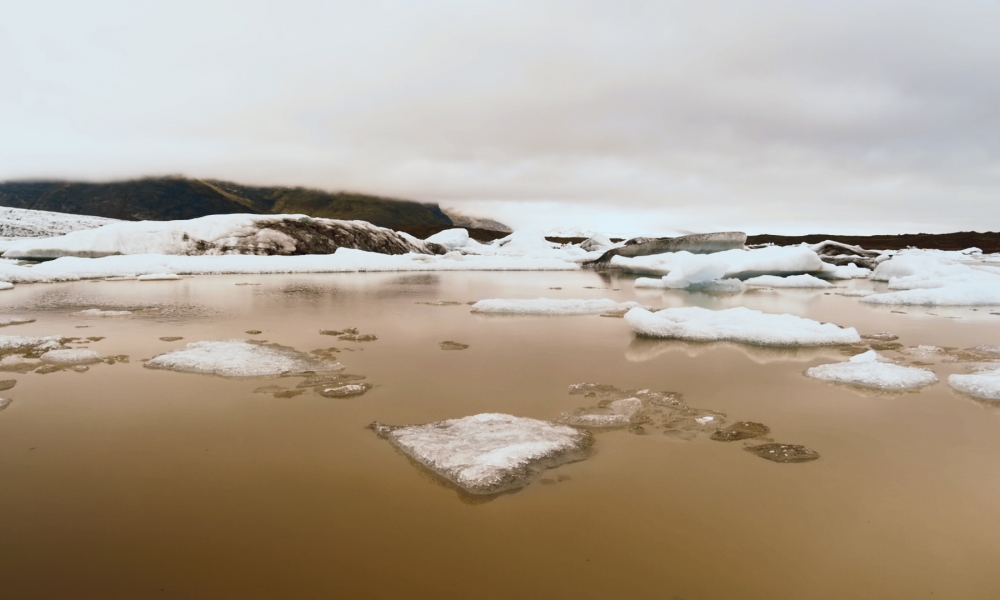
instant cinematography de-/constructed
Background 1 : Condensed landscapes
(Filmed) landscapes are elaborately condensed into "new" (film) landscapes with the help of software-based montage techniques. This technical condensation is ultimately fed by perception, i.e. the merging of sensory impressions into an overall picture. This also includes those processes of interpretation in which earlier perceptions are compared with the current ones and reference structures are updated. The images of nature generated in this way are constantly reproduced as a mediatised view of nature in TV, film and the WWW: The more the images correspond to their technical-possible attraction, the higher the degree of identity with what they show (mediatisation). The experience of nature is fed by a superior and spectacular construction of nature.
Background 2 : Free improvisation
In instant cinematography, such constructed, i.e. idealised and ideologised images of nature are to be broken up by feedback with perceptive and social interactions of several people towards an aesthetic gain of knowledge. This is not so much motivated by a critique of the images; rather, the attempt is designed in such a way that art techniques and methods associated with the irritation and shifting of meaning, on the one hand Ready Made (transfer of what is found into an art context), but primarily Free Improvisation, are structurally underpinned by the functional interplay of the installation. Free improvisation plays the double role of its musical meaning as the simultaneous invention and performance of music and its definition in sociological action theory, according to which improvisation is the situational, interaction-related modelling of sensually perceptible material. (In this process, the participants shape their improvisational input on the basis of their own knowledge material [conventions, typifications, action schemata ...], which is permeated and changed again by the input of the others.
Idee, Realisation: Fränk Zimmer
PD-Software: Thomas Musil
Idea, realisation: Fränk Zimmer
PD-software: Thomas Musil